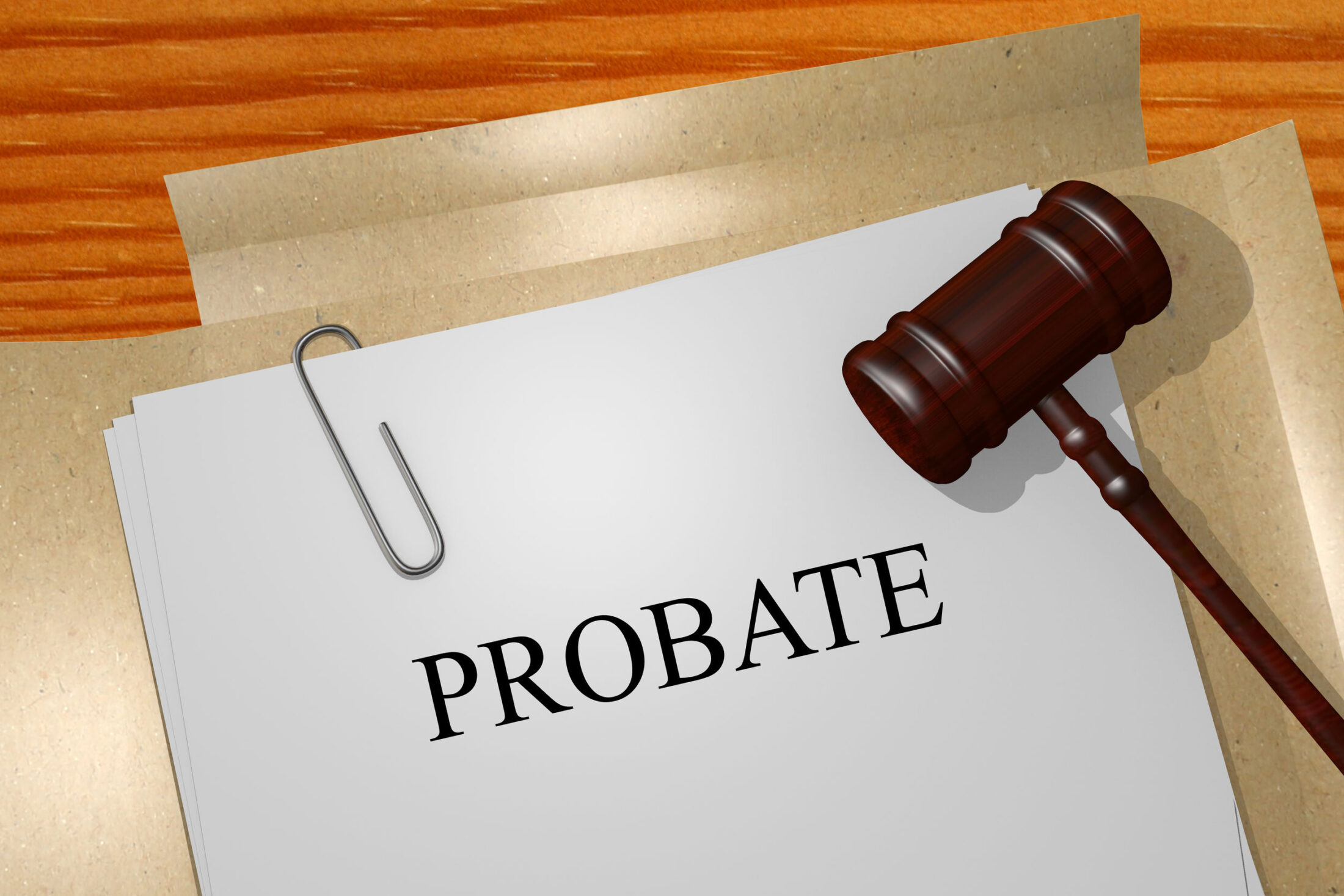Losing a loved one is overwhelming, and dealing with their legal and financial affairs can feel even more stressful. In Oklahoma, the probate process ensures that a person’s debts are paid and their assets are distributed according to their will—or, if there is no will, according to state law. Having a clear checklist can make […]
A Probate Checklist in Oklahoma City










